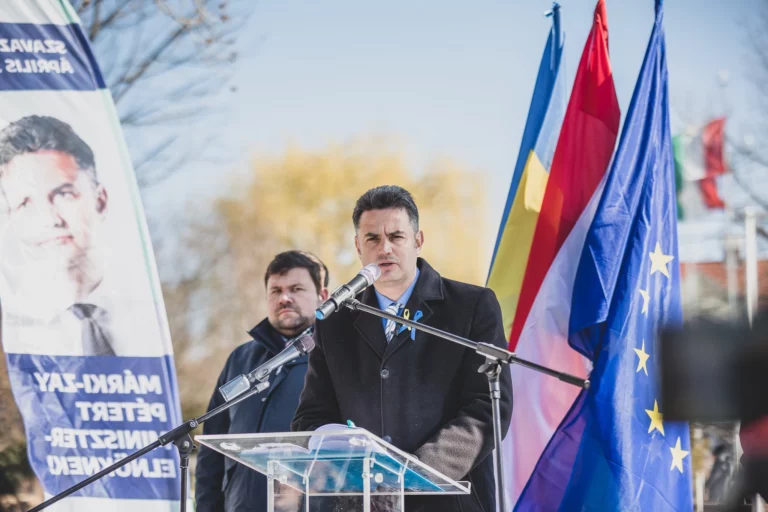Jobbik
Leftist opposition in crisis after the lost election?

Stummer quits Jobbik

Jobbik re-elected leader who is the last but one most unpopular politician in Hungary?

The new Parliament is formed in Hungary – UPDATE

MEP Gyöngyösi: Rule rule of law procedure is a real European soap opera

Opposition parties to be present in the first session of the new parliament

Huge waves of waste come regularly from Romania to Hungary

Unbelievable! Fidesz lead over opposition widens after election!

MEP Gyöngyösi: the US refuses to join the International Criminal Court?

Three of the five opposition PM candidates return their parliament mandates!

Minister: joint opposition gave space among its ranks to fascists, communists

President convened the inaugural session of Hungary’s new parliament
PM Orbán’s main publicist about the joint opposition: they are simply cr*p!

Radical Mi Hazánk party symbolically buried joint opposition member Jobbik

MEP Gyöngyösi: Orbán chose the rubel

Jobbik leader blames Márky-Zay for defeat
Prime ministerial candidate of the united opposition Péter Márki-Zay is responsible for the defeat of the opposition, Jobbik leader Péter...
Hungary election live, Fidesz supermajority again – Latest news, UPDATE

“Democracy alive and stronger” with Orbán’s Fidesz?





 ZH
ZH IT
IT DE
DE HR
HR NL
NL FR
FR JA
JA RO
RO RU
RU ES
ES TR
TR
